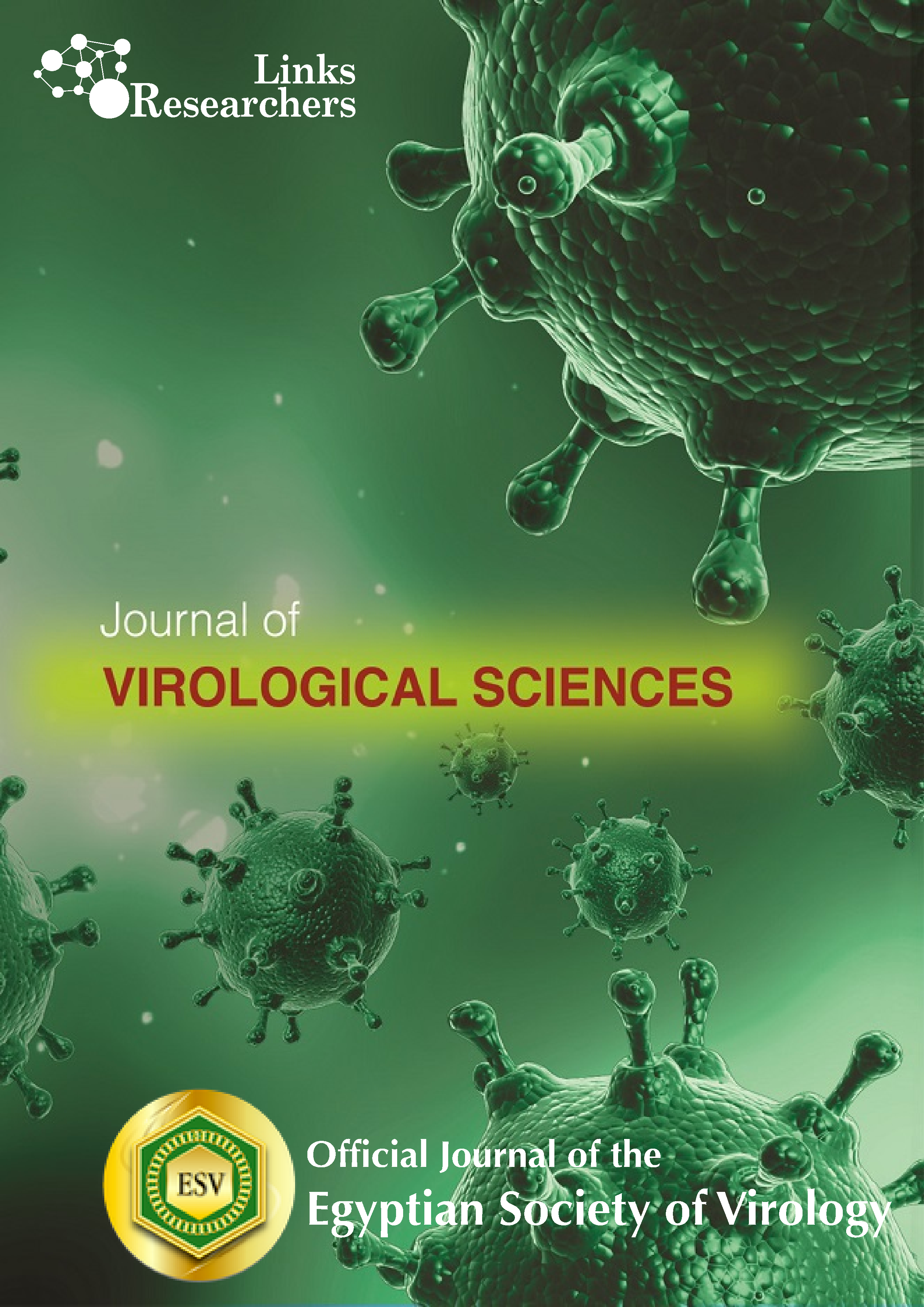Background: Bean yellow mosaic virus (BYMV) is recognized as one of the most wide distributed virus disease affecting faba bean in Egypt.
Objective: The aim of this study is to explore the efficiency of the plant growth promoting fungi (PGPF) of Penicillium simplicissmum GP17-2, Fusarium equiseti GF19-1 and Trichoderma asperellum SKT1 as a sustainable method to control the invasion of BYMV in faba bean plants.
Methods: Faba bean plants were treated with PGPF isolates at 2 days prior to BYMV inoculation. Disease severity and virus titer were estimated at 1, 2 and 3 weeks after virus inoculation. The transcription profile related to defense genes was evaluated at 1, 2 and 3 weeks after BYMV inoculation by quantitative real-time PCR analysis.
Results: Treatments with PGPF resulted in lower virus severity and titer than the control. GP17-2 treatment exhibited the lowest disease severity and virus titer in comparison with other treatments. Quantitative real-time PCR results showed significant increased expressions of pathogenesis related genes PR1 and PR2 relative to the control plants.
Conclusion: PGPF isolates of GP17-2, GF19-1 and SKT1 elicited induced resistance against BYMV infection and could be used as a promising strategy to control BYMV.





